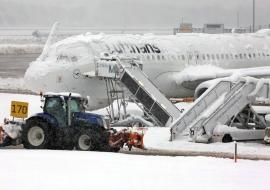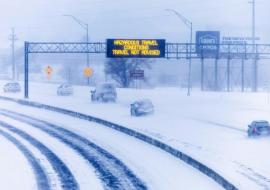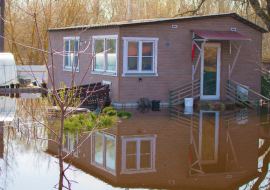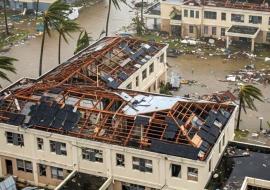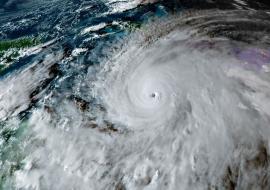Gov. Cooper Urges Tourists to Stay Away from Western North Carolina
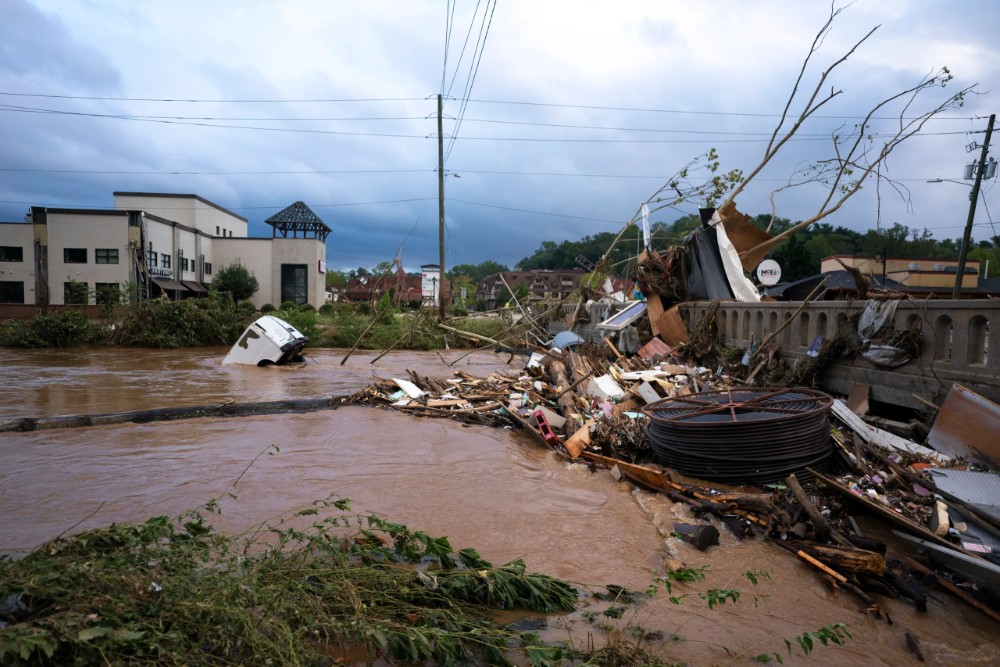
As Western North Carolina approaches peak leaf season, typically a major draw for tourists, Gov. Roy Cooper has issued a firm warning: tourists are not welcome in the region as it recovers from catastrophic floods. The floods, which claimed 97 lives and devastated critical infrastructure, have left the region struggling with outages and displacement. Cooper stressed that the focus should be on recovery efforts, with resources dedicated to saving lives and restoring essential services.
Speaking to the Asheville Citizen Times on Oct. 3, Cooper emphasized that visitors should stay away unless they are directly assisting in response efforts. “We don’t want you here unless you are helping,” he said, noting that emergency services and resources need clear access to roads for transporting supplies and personnel. The governor acknowledged the economic blow to the region, which had been poised for a booming tourism season, but said immediate priorities must come first.
Local organizations, including Visit North Carolina, have echoed Cooper’s concerns. The state’s official tourism office has issued advisories, warning visitors to avoid travel due to widespread power and water outages, road closures, and dangerous conditions caused by flooding and landslides. Cities like Asheville, which are heavily reliant on tourism, are facing significant challenges as they struggle to restore basic services.
Tourism authorities, like the Buncombe County Tourism Development Authority (BCTDA), acknowledged the potential long-term economic impact on the region. While tourism typically peaks during fall, this year will be different as businesses and communities focus on recovery. The BCTDA emphasized that supporting local residents and first responders is the top priority at the moment, with the goal of laying the groundwork for recovery in the months ahead.
Key tourist destinations, including the entire Blue Ridge Parkway, the Biltmore, and the WNC Nature Center, are currently closed, further discouraging travel. Explore Asheville, a leading tourism organization, reiterated the importance of focusing on the well-being of local residents. “This is definitely going to hurt,” they said, acknowledging the loss of business during one of the most visually and economically vital seasons for the region.
Despite the bleak outlook for the fall season, the region's tourism and local organizations are committed to rebuilding. As recovery efforts continue, Cooper and local leaders remain hopeful that Western North Carolina will eventually regain its status as a beloved tourist destination, though for now, their message is clear: the priority is helping the community recover.







